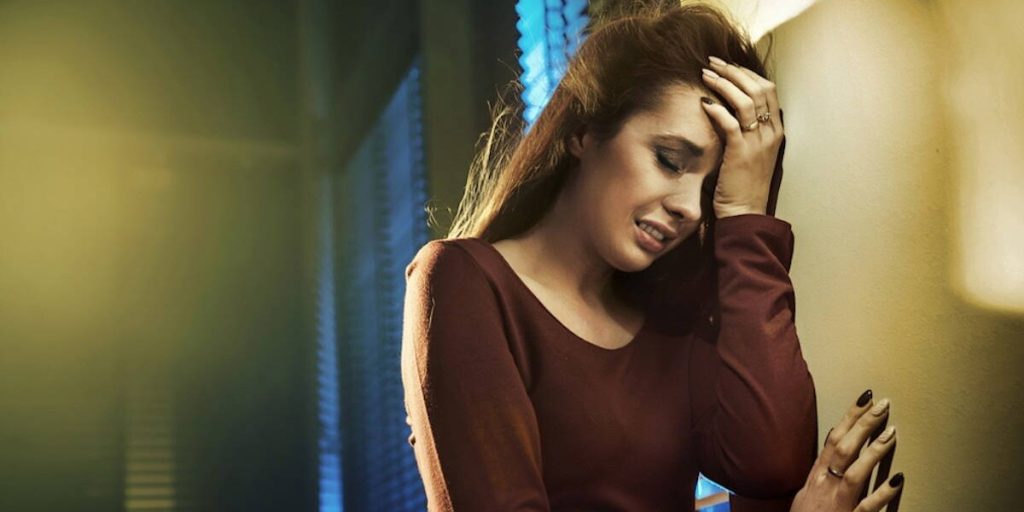If two or more different medications for depression do not work, rTMS is often more effective than switching to a third or fourth medication. This is demonstrated by a study conducted by Radboud University Medical Center and its partners and published in the American Journal of Psychiatry. Recently, rTMS was also officially included in the updated Dutch guidelines for the treatment of depression.
Approximately 300 million people worldwide suffer from major depression. Although two-thirds of these patients respond well to a combination of medications and psychotherapy, there are also many patients who do not benefit from antidepressants. Moreover, the chance of success of the medication decreases with each change in medication.
That’s why Iris Dalhuisen, together with psychiatrists Indira Tendulkar and Philip van Eindhoven from Radboud University Medical Center, investigated whether transcranial magnetic stimulation (rTMS, repetitive transcranial magnetic stimulation) could be a good alternative. They compared the effect of a third or fourth medication change with the effect of rTMS in treatment-resistant patients.
rTMS treatment
bee rTMS The area of the brain just above the temple that is involved in emotions and cognitive control is treated with magnets. This area of the brain is known to play a role in depression. The goal of rTMS treatment is to positively influence brain activity in this area. Two years ago, Elisabeth-Tosteden Hospital (ETZ) was one of the first hospitals to offer this relatively new treatment to people with depression.
rTMS is an outpatient treatment lasting 8 weeks. Patients receive a total of 25 treatment sessions of about half an hour, starting four times a week. After 8 weeks this is still twice a week. The treatment has been reimbursed in the Netherlands since 2017 for the treatment of major depression. However, until recently it was not known whether the treatment was more or less effective than a third or fourth antidepressant. As a result, the treatment was sometimes used very quickly, but often not used at all.
Dalhausen: “We have now shown in our research that rTMS is much more effective than switching to a new medication for treatment-resistant depression. Less than 15% of treatment-resistant patients benefit from a third or fourth medication change. rTMS helps up to 40% of these patients. The number of patients whose depression completely goes away is also higher with rTMS than with a new medication change.”
Treatment Guidelines Update
The study results are in line with the recently updated Dutch guidelines for the treatment of depression, in which rTMS is officially included. This fills the toolbox for treating depression. Other new treatments may follow in due course. For example, research is currently underway into the use of esketamine, a psychedelic, as a potential treatment.
Dalhuisen: “The Department of Psychiatry at Radboud University Medical Center is one of the institutions currently conducting research on this topic. Recently, the effects of psilocybin (a hallucinogen) have also been investigated. But because of the positive results of our research, it is now also important to make the responsible use of rTMS available to patients through information and training. This is promoted, among other things, by the Brain Stimulation Foundation.

“Coffee buff. Twitter fanatic. Tv practitioner. Social media advocate. Pop culture ninja.”











More Stories
Which can cause an increase in nitrogen.
The Central State Real Estate Agency has no additional space to accommodate Ukrainians.
The oystercatcher, the “unlucky national bird,” is increasingly breeding on rooftops.